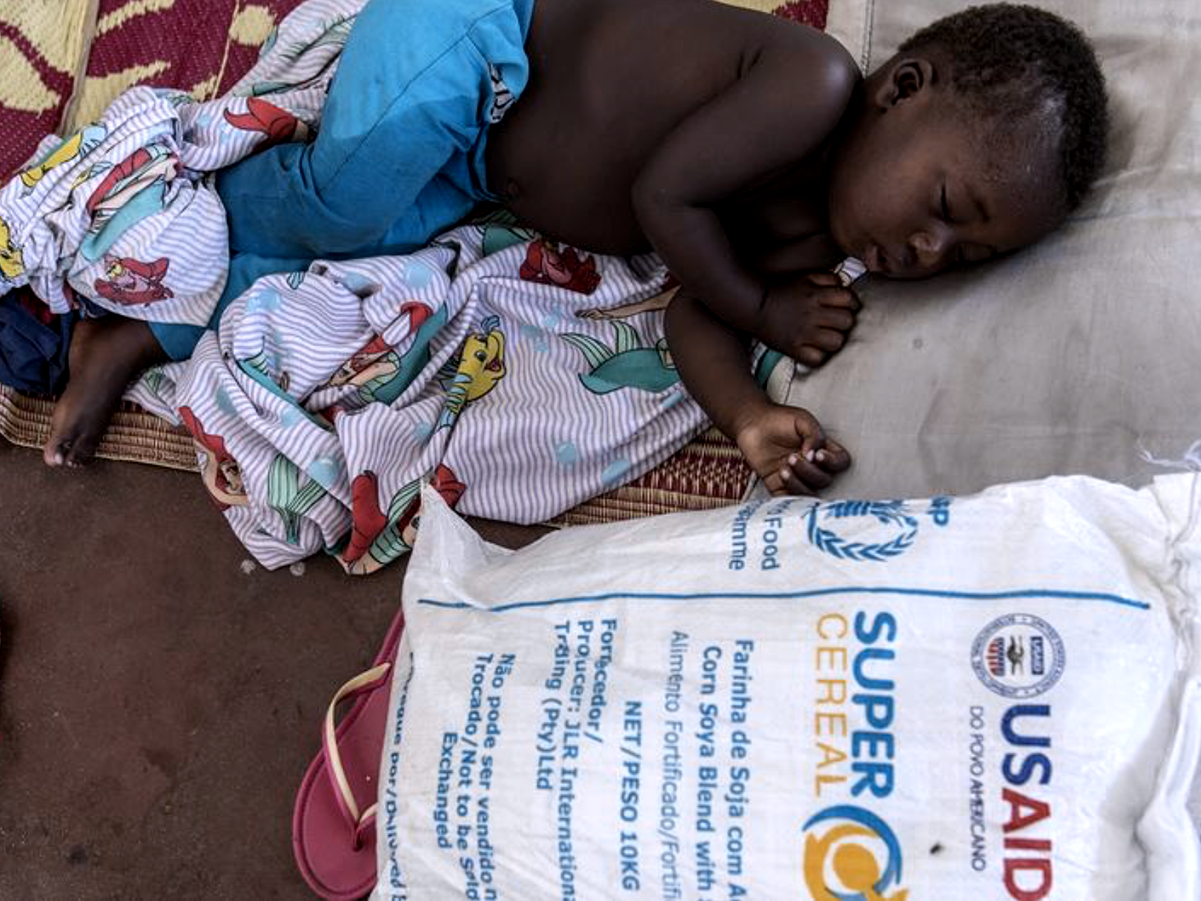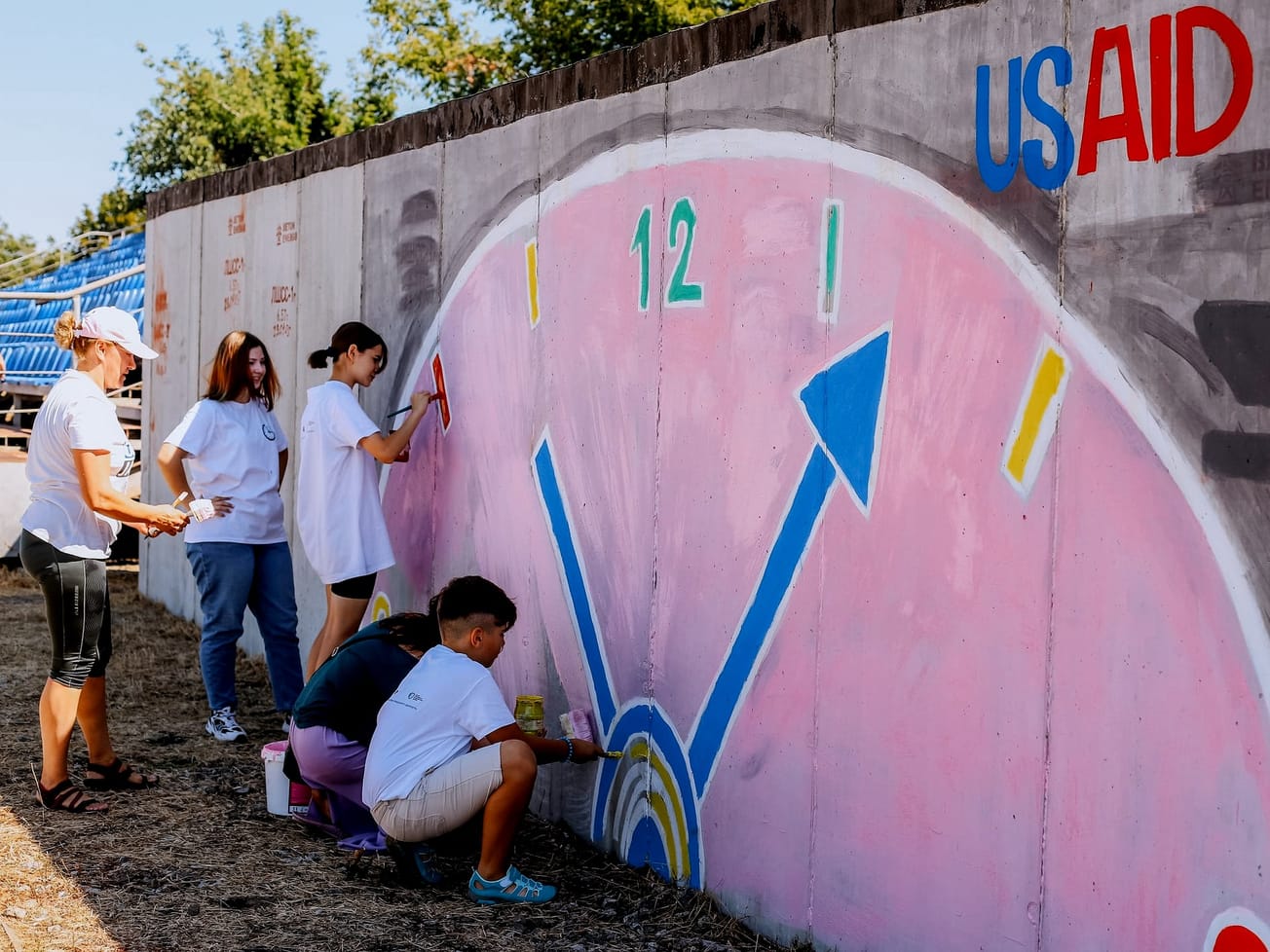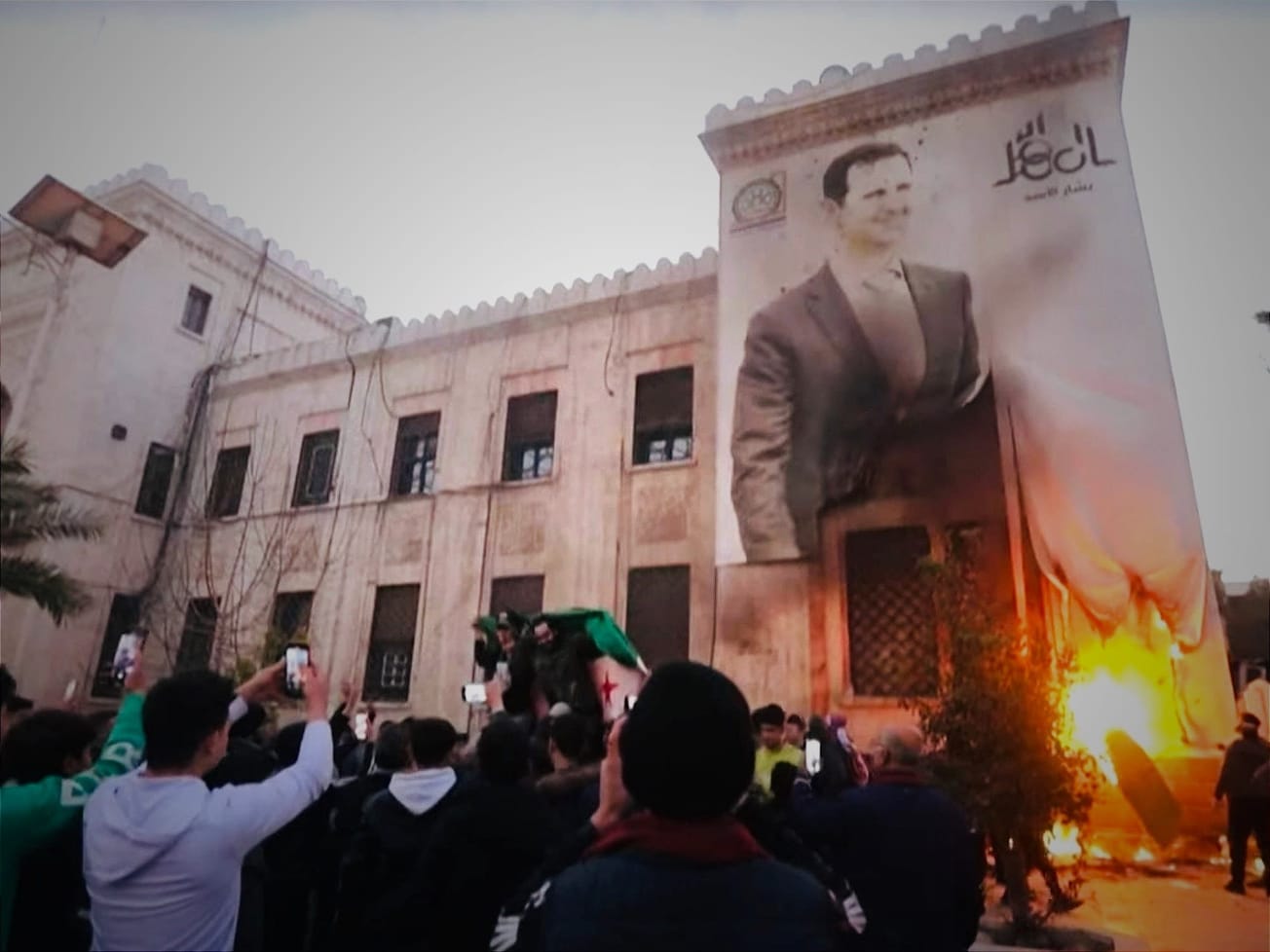Red Cross officials began a three-day operation in Yemen to release almost 900 prisoners of war as part of a deal among the warring sides that's been months in the making.
The ICRC said on Friday its role is to ensure humanitarian principles are respected and detainees are treated with humanity throughout the release and transfers.









